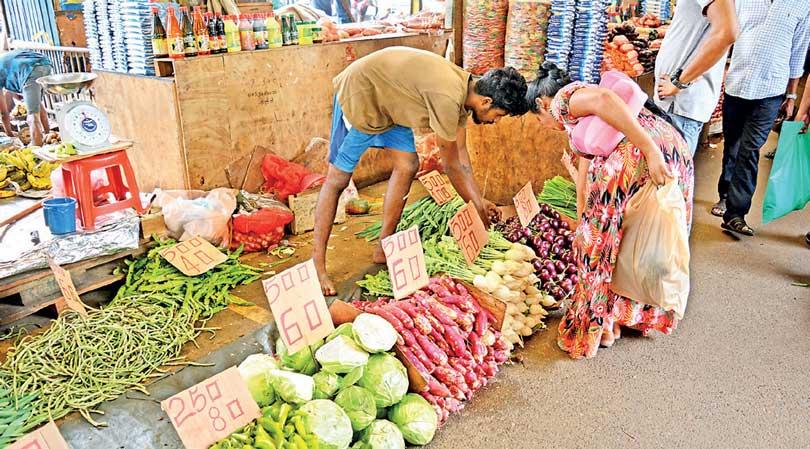Reply To:
Name - Reply Comment

Inflation in the Colombo district retreated to what once appeared to be an elusive mid-single digit level in July, as food prices declined from a year ago, while the non-food prices eased to just above 10 percent, ending nearly two-year long price spiral, which pushed most Sri Lankans into once-in-a-generation cost of living crisis.
The inflation measured by the Colombo Consumer Price Index dropped to 6.3 percent in the twelve months through July from 12 percent through June, continuing the descent in prices which began in October last year, after peaking at near 70.0 percent in September.
The turnaround in official inflation back to single-digit levels took 20 months since December 2021 when the Colombo inflation rose to 12.1 percent.
Analysts view achieving a swift return of inflation to the desired range as a rare achievement. In comparison to other economies facing similar crises, the process often takes much longer, and in some cases, it might not happen at all.
Meanwhile, the prices measured on a monthly basis fell 1.1 percent in July from June after remaining unchanged during the previous two months in a sign that inflation impulses have mostly faded.
The food inflation measured annually decelerated to -1.4 percent in July from 4.1 percent in June, while monthly prices remained unchanged.
Annual non-food prices cooled down to 10.5 percent from 16.2 percent in June while the monthly prices contracted 1.7 percent, as the lower electricity tariff and LP gas prices more than offset the upward revision in petrol prices in July.
Meanwhile, the so-called core prices which measure the inflation barring the most volatile items such as food, energy and transport, too followed suit to settle at 6.1 percent in July from 9.8 percent in May.
Core prices are a better predictor of future inflation than the headline prices. Despite the apparent success in bringing inflation back down to the desired range, the Central Bank is unlikely to declare victory at this stage.
The reason is that there is a significant discrepancy between what the official price indices show and the actual prices experienced by everyday consumers on the main streets.
This disconnect is a result of much of the decrease in prices being attributed to higher statistical base effects from the previous year. However, benign inflation reading would further galvanise the Monetary Board to follow through with another policy rate cut at their upcoming meeting later this month as banks are yet to pass down the benefit of the rate cuts via their lending rates.